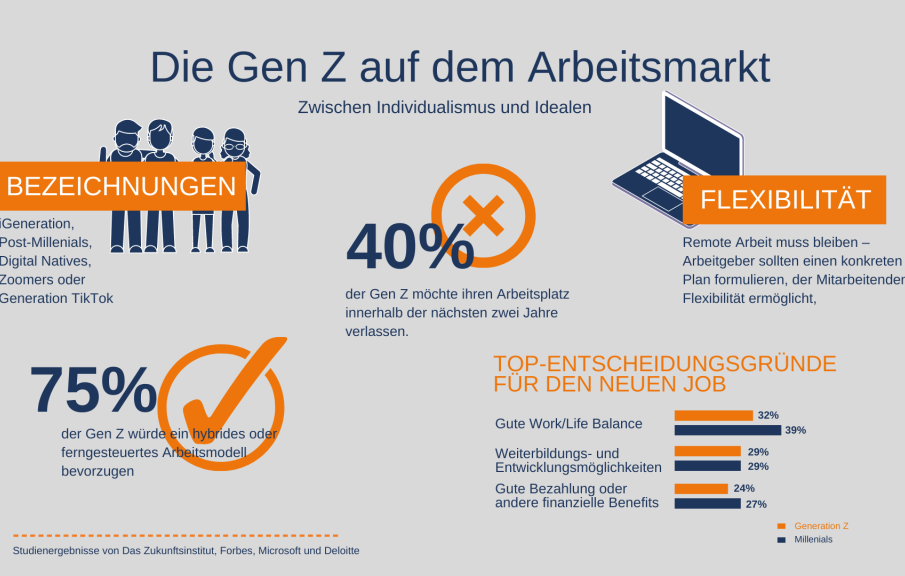Understanding Gen Z: Characteristics and Influence

Introduction
Generation Z, commonly referred to as Gen Z, encompasses those born between the mid-1990s and early 2010s. This generation has grown up in an era dominated by technology, social media, and constant connectivity, shaping their perspectives and behaviors significantly. As we navigate through 2023, understanding Gen Z is crucial for various sectors, including business, education, and social policy, as they become the largest consumer group and workforce demographic.
Characteristics of Gen Z
Gen Z is noted for its unique characteristics that set it apart from previous generations. They are digital natives, having used the internet and social media from a young age. This has resulted in a more globally connected worldview and an impressive ability to navigate new technologies quickly. Values such as inclusivity, equality, and mental health awareness are at the forefront of Gen Z priorities. According to a recent study by McKinsey, over 80% of Gen Z members prefer brands that are socially conscious and take a stand on social issues.
The Impact of Technology
In 2023, Gen Z’s reliance on technology continues to influence their education and career choices. Online learning platforms have surged in popularity, with Gen Z students preferring flexibility and accessibility in their education. Furthermore, social media platforms like TikTok and Instagram significantly affect their social interactions, trends, and purchasing behaviors. Businesses are increasingly harnessing these channels for marketing, recognizing that reaching Gen Z requires innovative and authentic engagement strategies.
Career Aspirations and Work Ethic
With concerns about economic uncertainty and job security, Gen Z is pragmatic about their career aspirations. They value job stability but also seek purpose and fulfillment in their work. A Gallup poll indicates that nearly 60% of Gen Z employees prioritize workplace culture and values over salary alone. As a result, companies looking to attract young talent need to focus on creating inclusive environments that foster growth and values alignment.
Conclusion
Generation Z is not just another demographic group; they are a transformative force that is shaping societal norms, economic trends, and workplace dynamics. As they continue to gain influence, it is essential for businesses, educators, and policymakers to understand and cater to their unique needs and desires. By respecting their values and embracing their innovations, we can cultivate a generation that leads us toward a more inclusive and progressive future.









